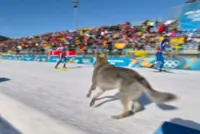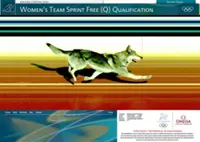Factory farming and the climate crisis have spoiled some people’s appetite for meat. According to figures from Germany’s Food and Agriculture Ministry, 14% of Germans followed a vegetarian or vegan diet last year.
When it comes to pets, however, people are being confronted with a dilemma. How is it justifiable to provide kilos of meat for dogs and cats that you yourself reject for ethical or other reasons?





